Prayer, among sane people, has never superseded practical efforts to secure the desired end
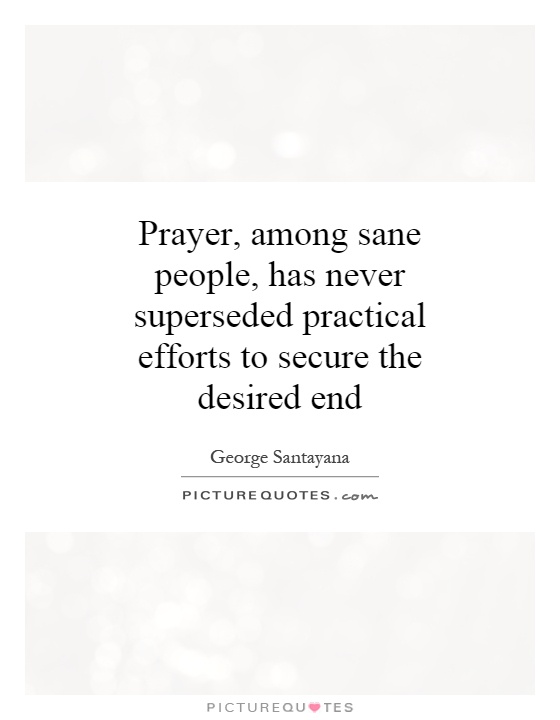
Prayer, among sane people, has never superseded practical efforts to secure the desired end
George Santayana, a renowned philosopher and essayist, once stated that "prayer, among sane people, has never superseded practical efforts to secure the desired end." This statement reflects Santayana's belief in the importance of taking action and making practical efforts to achieve one's goals, rather than relying solely on prayer or divine intervention.Santayana's perspective on prayer can be seen as a reflection of his pragmatic and rational approach to life. He believed that while prayer can provide comfort and solace to individuals in times of need, it is ultimately practical actions and efforts that lead to tangible results. In other words, simply praying for a desired outcome is not enough; one must also take concrete steps to make that outcome a reality.
This belief is consistent with Santayana's broader philosophical views on the importance of reason and logic in guiding human behavior. He was a proponent of critical thinking and empirical observation, and believed that these tools were essential for navigating the complexities of the world. In this context, prayer can be seen as a form of emotional support or spiritual guidance, but it should not be relied upon as the sole means of achieving one's goals.
Santayana's statement also highlights the idea that individuals have agency and control over their own lives. By emphasizing the importance of practical efforts, he is encouraging people to take responsibility for their actions and to actively work towards their desired outcomes. This perspective aligns with Santayana's broader philosophy of self-reliance and personal autonomy.
Overall, Santayana's view on prayer can be seen as a call to action and a reminder of the importance of taking practical steps to achieve one's goals. While prayer can provide comfort and spiritual guidance, it is ultimately up to individuals to take control of their own destinies and work towards the outcomes they desire. In this sense, Santayana's perspective on prayer reflects his belief in the power of human agency and the importance of rational decision-making in shaping one's life.
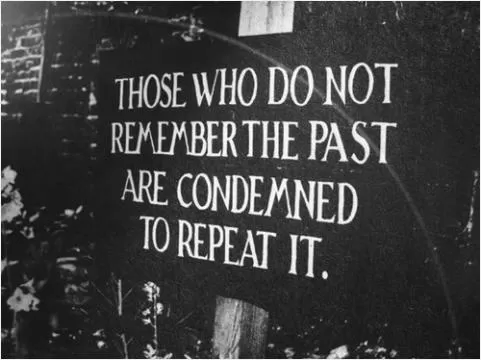

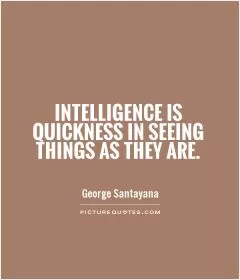
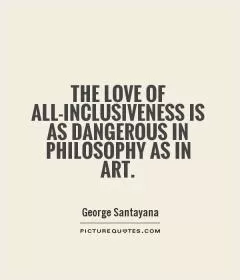



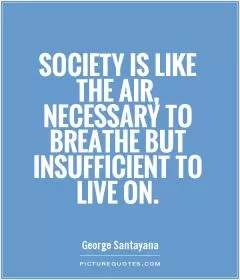

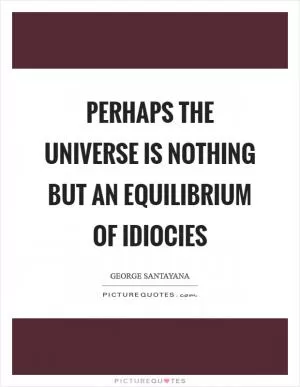

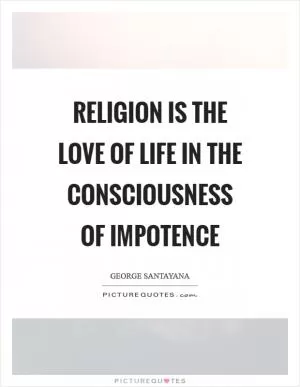
 Friendship Quotes
Friendship Quotes Love Quotes
Love Quotes Life Quotes
Life Quotes Funny Quotes
Funny Quotes Motivational Quotes
Motivational Quotes Inspirational Quotes
Inspirational Quotes